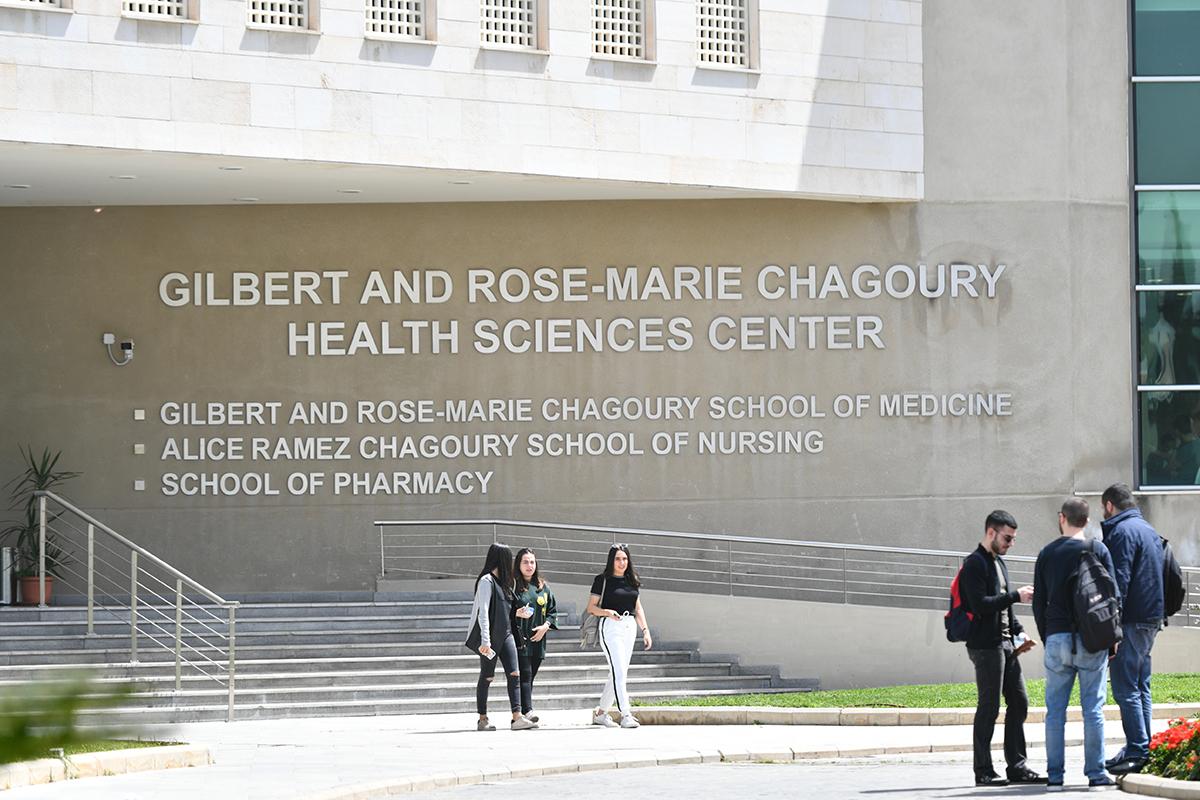MD Program Earns TEPDAD Provisional Accreditation
LAU’s medical curriculum excels at scientific method, educational resources and research according to accrediting team.
Making the grade in a rigorous accreditation process, LAU’s Gilbert and Rose-Marie Chagoury School of Medicine has received a two-year provisional accreditation for its MD program from the Turkish Association for Evaluation and Accreditation of Medical Education Programs (TEPDAD), an agency recognized by the World Federation for Medical Education (WFME).
The school achieved this status following its submission of a self-evaluation report in 2019 and a virtual site visit by the accrediting team, which it will hold for two years provided a face-to-face site visit by TEPDAD is carried out during that period.
Due to COVID-19 health restrictions, and in the absence of on-site visits required to determine full status, TEPDAD introduced the provisional status to the three accreditation statuses in its scheme – full, conditional and no accreditation – explained Dr. Sola Aoun Bahous, interim dean at the school of medicine.
“The provisional accreditation is granted for two years instead of the six years for full accreditation, pending an on-site visit,” said Dr. Bahous. “There are no specific opportunities attached to full accreditation by comparison to the provisional one except for the duration and prestige.”
This achievement allows LAU MD students and graduates to apply for an Educational Commission for Foreign Medical Graduates (ECFMG) certification, which, starting 2024, will be restricted to applicants from a medical school accredited by an WFME-recognized agency, she added.
Following its accreditation, the school received special notice of good practice in three areas of the WFME’s Basic Medical Education Standards: its scientific method, educational resources, and medical research and scholarship.
“The principles of scientific methods are taught through our curriculum,” said Dr. Bahous. “All our medical students, in preclinical and clinical years, actively participate in a supervised applied research project, under the Year-Long Project and the introduction to clinical research courses, and have a chance to practice epidemiologic principles and biostatistical methods.”
The school also stood out for its educational resources, and the steady evaluation of students’ progress during regular monthly meetings by clerkship directors.
In addition to the Year-Long Project that allows “students to collaborate with community-based organizations to impact the determinants of health and experience teamwork,” said Dr. Bahous, “they acquire research skills through population health classes, a course on clinical research, computational health informatics and various lectures.”
Continually building on a curriculum that promotes student research, the school recently established a clinical research unit and assistant deanship for research.
Dr. Bahous acknowledged the invaluable contribution provided by the “students, residents, staff, faculty and administrators who actively participated in the writing of the self-evaluation report and the online visit, and more specifically the Accreditation Steering Committee and all champions who dedicated much time and effort in concluding the accreditation work.”
Provost George E. Nasr praised the school and hospital leadership team, faculty, physicians, staff, students and all supporting university offices and services for their hard work and efforts in achieving this milestone.
“The provisional accreditation (due to virtual review) of the medical education program speaks highly to the school’s collective strengths including the quality of faculty and their commitment to excellence in medical education and practice,” he said.
